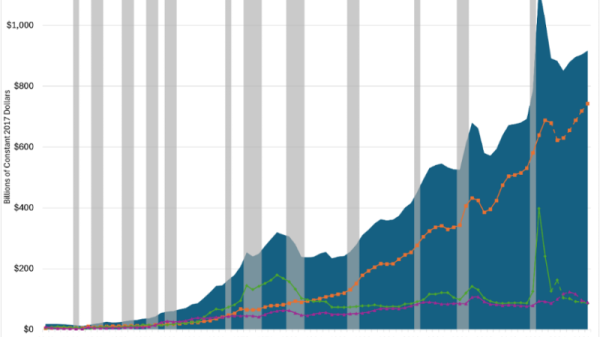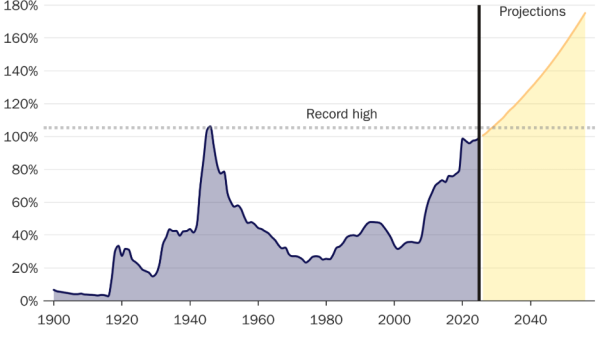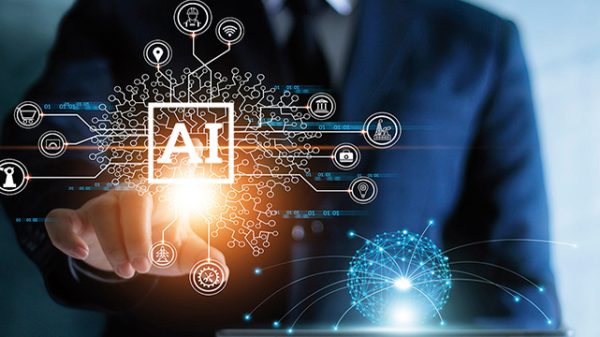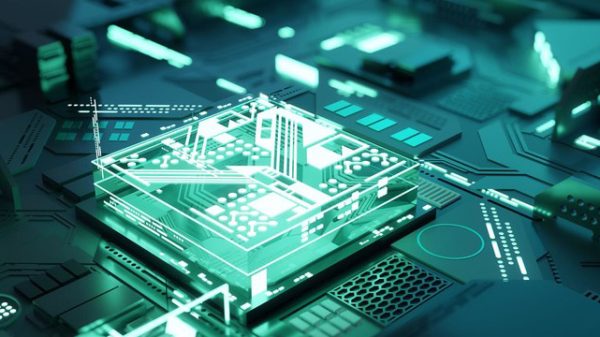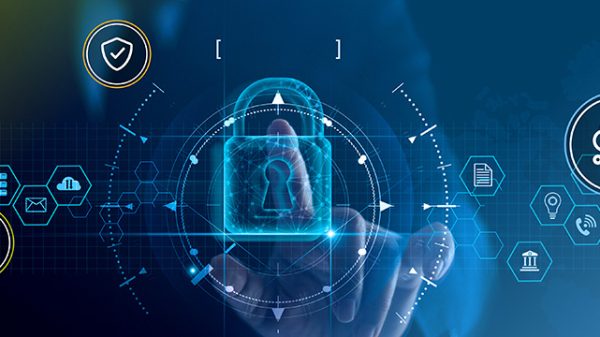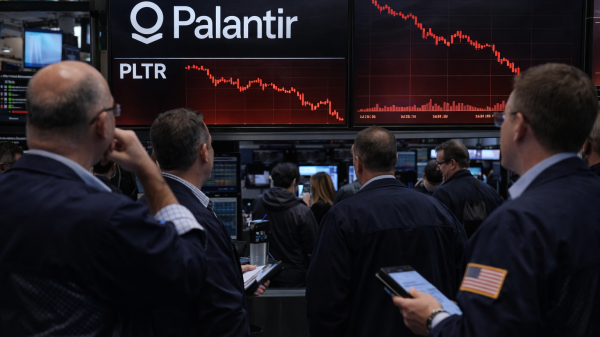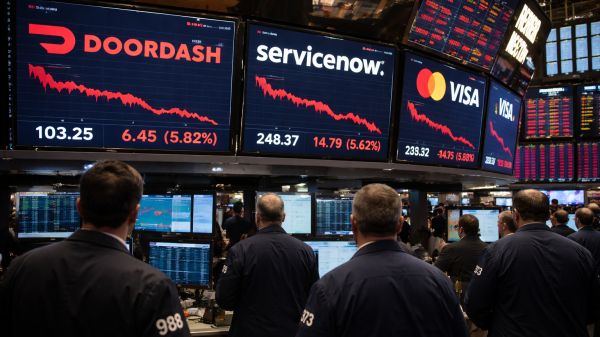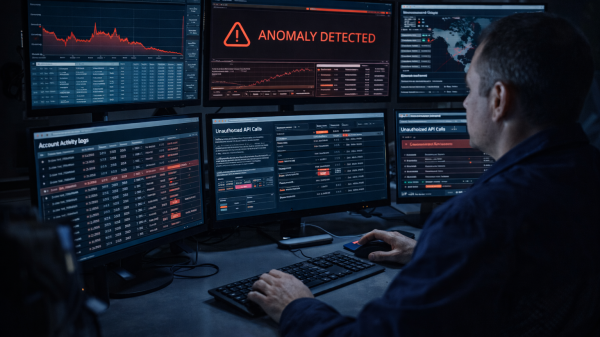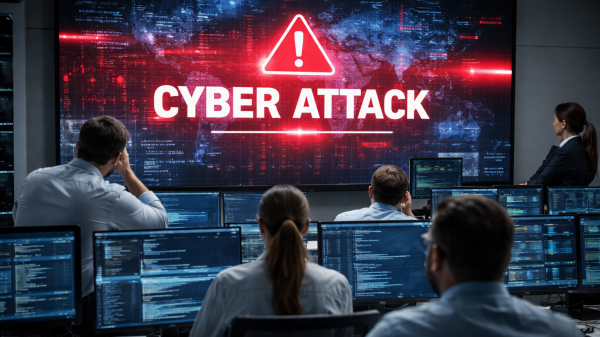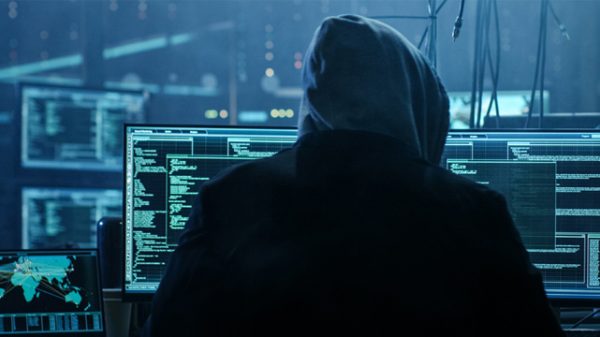Maybe it’s a law of history: every innovation faces opposition. The early nineteenth-century Luddites wrecked textile machinery because it took their jobs. Our innate suspicion extends to trade, too, which is, after all, just another technology for turning one thing into another. Apartheid-era white South Africans opposed efforts to modify the Colour Bar because they feared that African workers would take their jobs and reduce them to “uncivilized” standards of living. Protectionists want to shield their fellow Americans from foreign competition.
Artificial intelligence is the most recent worry and was the big technology story of 2023. Should we curse these intelligent machines? After all, once machines can solve problems, they will take all our jobs and cause mass unemployment. Peggy Noonan sounded the alarm about Artificial Intelligence in the pages of the Wall Street Journal. OpenAI’s executives appeared before Congress to ask (perhaps predictably) for licensing and regulation, and some wonder if the robot apocalypse is finally upon us.
We have heard this story before. It’s still wrong.
The “creative” part of creative destruction is harder to see than the “destruction” part. Of course, I can make life a bit more convenient with new apps and subscription services. But it’s not as dramatic as a plant closure, and there’s no despairing laid off laborer to interview.
But what happens when people innovate and increase others’ productivity? They make some resources redundant and free them up for other, more productive uses. Innovation and institutional change run into distributional problems because some people might be made worse off — absolutely and permanently. Sometimes those who take losses from a changing status quo can veto the change. Government social insurance or trade adjustment assistance, for example, might make it easier for people to swallow the bitter pills of losing their livelihoods. Civil institutions like houses of worship, civic organizations, and other groups help people having hard times. Whether people deserve help might be irrelevant to the political reality. When people put themselves in positions to extract rents, they will do so. In the very long run, weathering periodic injustice might be a small price to pay for big increases in standards of living.
I run the risk of writing my epitaph here, but the threat of artificial intelligence is, most likely, overstated. Learning loss during the COVID-19 pandemic underscored that: online schooling is a poor substitute for in-person schooling. Yes, many meetings could have been emails, but we also feed on contact and conversation. These needs require a lot of human nuances that artificial intelligence is not likely to understand for quite some time.
Releasing labor from areas where machines have taken over has created many new possibilities. Artificial intelligence cannot yet aggregate and deploy knowledge about the particular circumstances of time and place as efficiently and effectively as someone with human intuition. We appreciate aggregations and recommendations, but Facebook’s algorithm doesn’t understand how you do your job quite as well as you do. FA Hayek pointed out a lot of knowledge of “the particular circumstances of time and place” is not properly “scientific.” It is generally of a kind that is difficult (if not impossible) to articulate, much less automate.
The economic historians Joel Mokyr, Chris Vickers, and Nicholas Ziebarth have argued that artificial intelligence might be the world’s best research assistant, but it is unlikely ever to be the world’s best researcher. Every technological change creates a lot of new possibilities. Artificial intelligence — even if not truly “intelligent” — is a monumental achievement of creative cooperation, and it frees up time and energy for even more creative endeavors. As Frederic Bastiat puts it, “to curse machines is to curse the human mind.” To hate a technology is denigrate the most human undertaking, namely, thinking.

